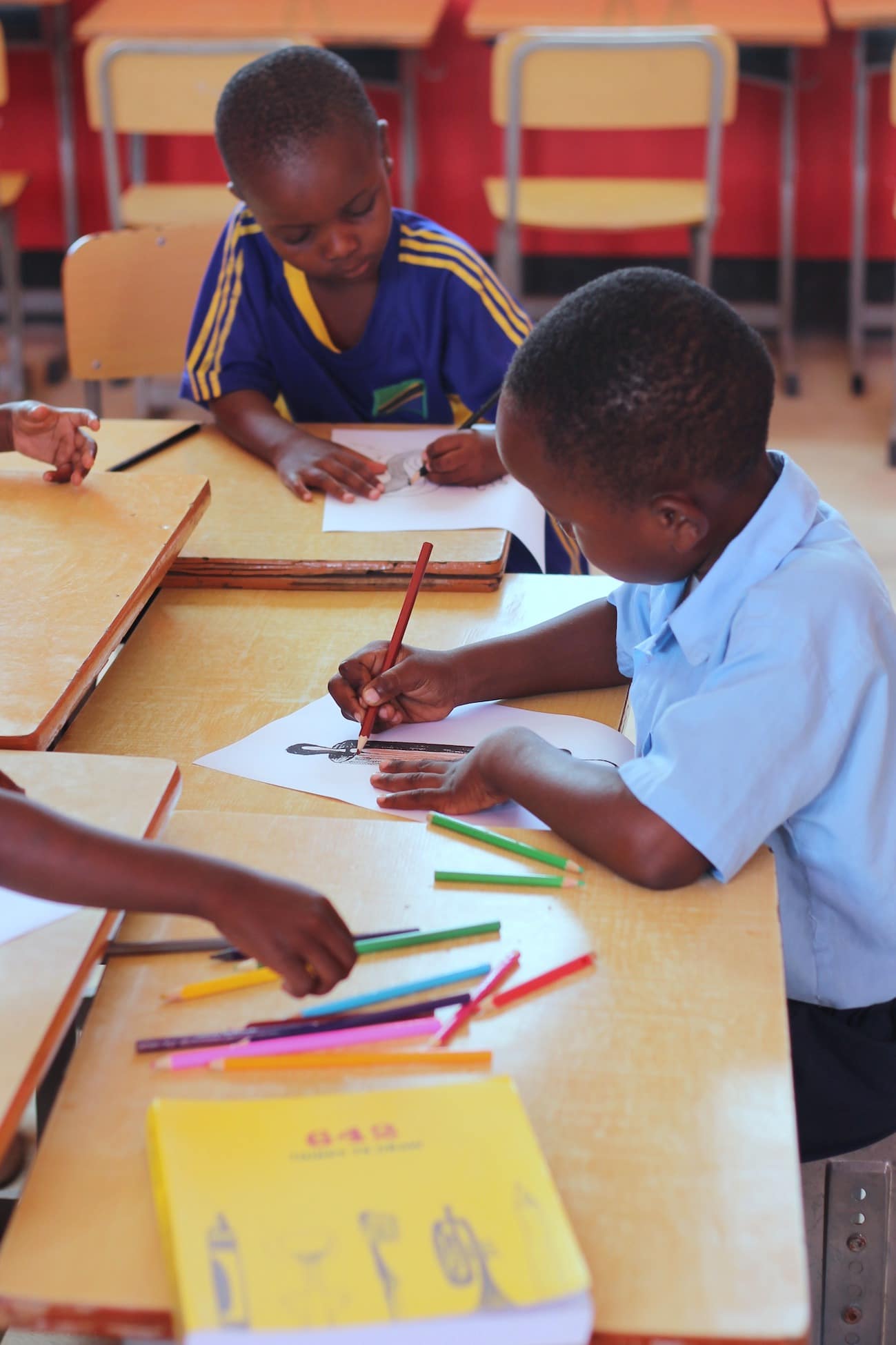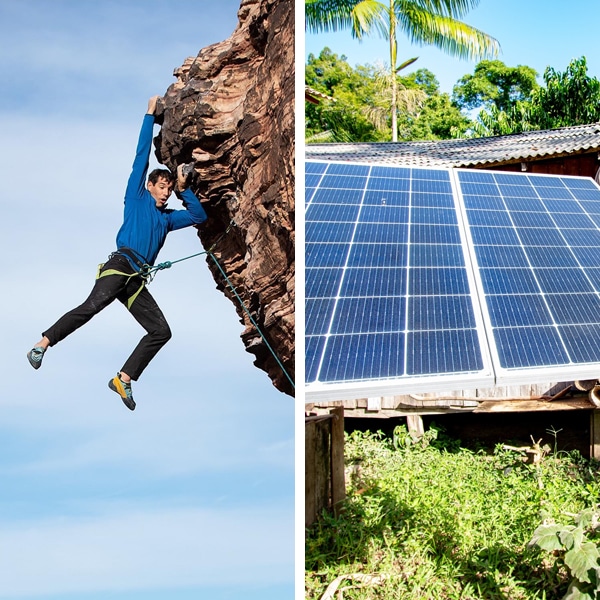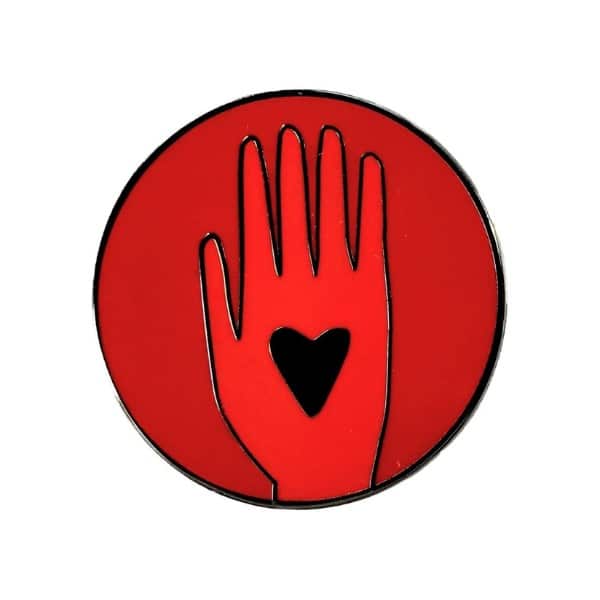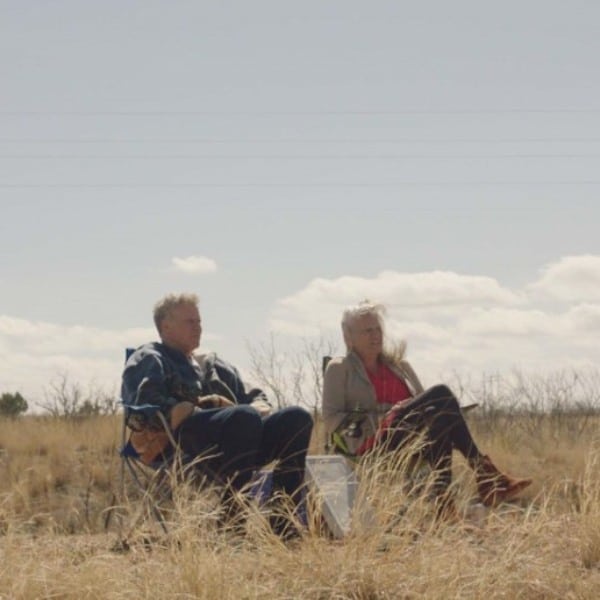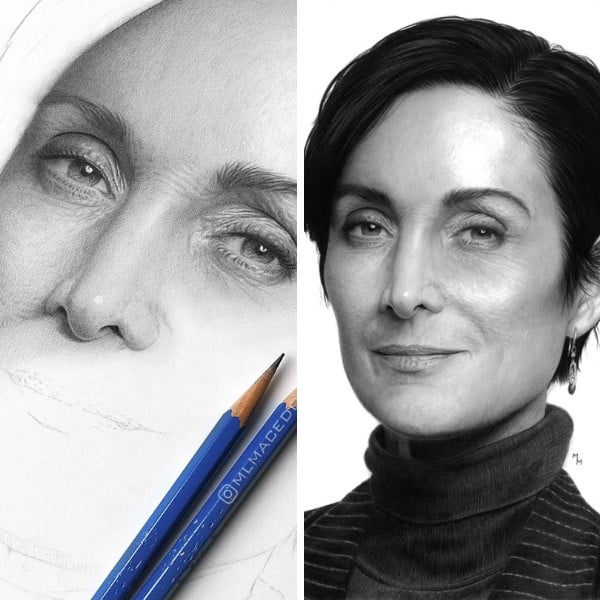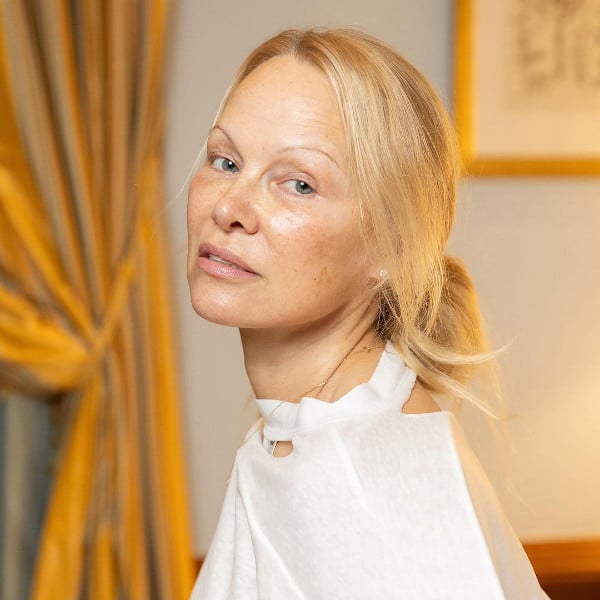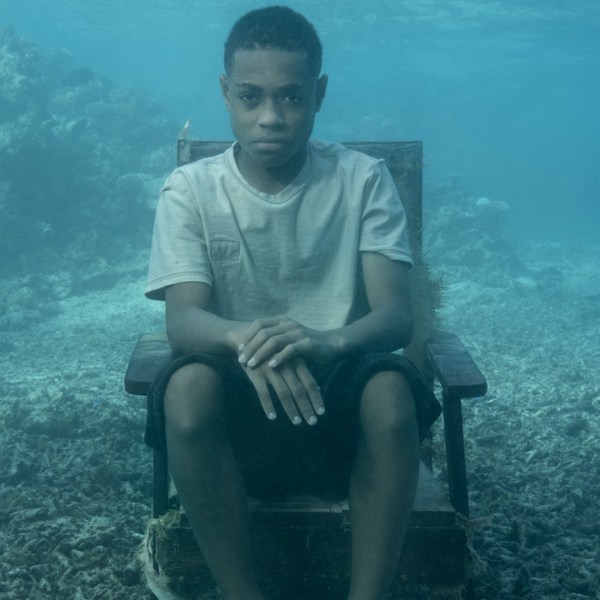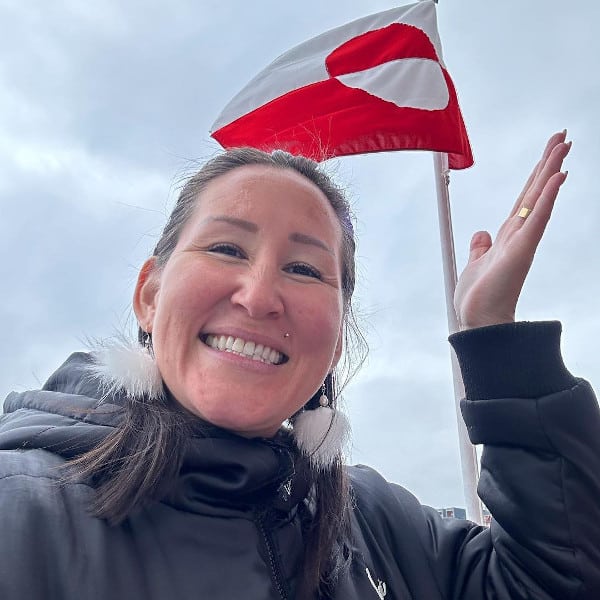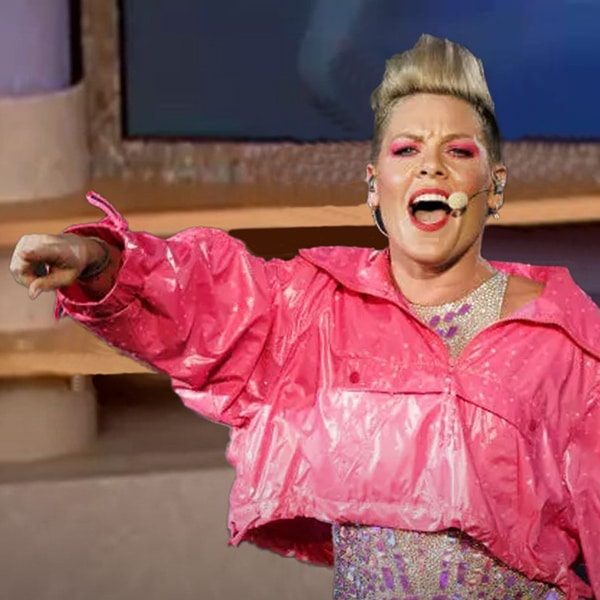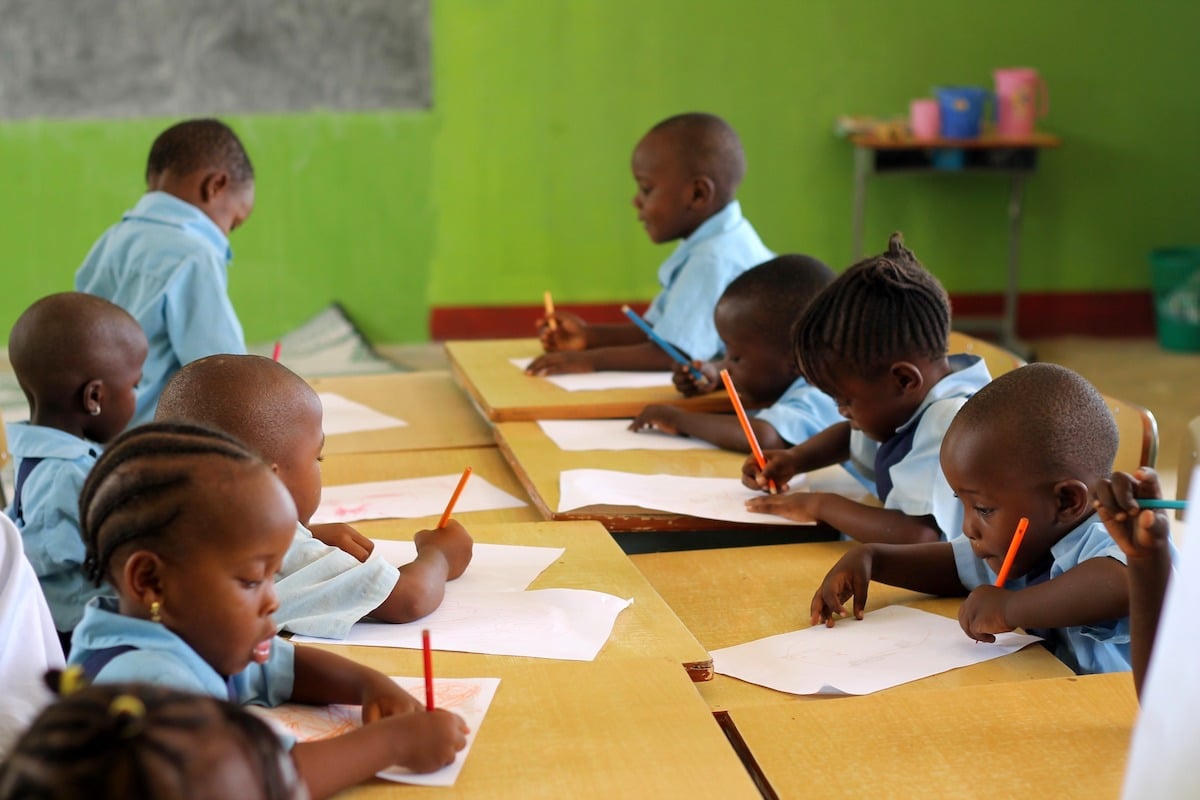
What are the school's educational objectives?
LB: The purpose of a pre-school must be to prepare the children in the best way possible for when entering primary school. I think it should be more than that though—it should be a safe and nice introduction to learning and education. A place where you get new friends, have fun, and know that there are trustworthy adults around you who care. I believe that the focus should be on making the children feel safe and happy, and then the learning comes by itself. When children enjoy being somewhere, they also feel curious and wish to go explore, and this is when they are receptive to learning and the development happens.
We differ from other Tanzanian nursery schools in many ways—but especially because we focus on learning through playing and also because corporal punishment is not allowed here. I don’t believe you can create a safe and healthy learning environment if you also punish the children physically. It can sometimes be challenging for the parents to understand why we don’t beat their children if they misbehave since that is the norm here, but they seem to respect our decision about making things a bit different. And luckily, they also see great development in their children, which is why they chose to send them here in the first place.
At the BCC, we want the children to develop their scholastic, social, personal, and motor skills since everything is somehow connected. We wish to foster skills like curiosity, creativity, co-operation, and initiative. We believe these are useful skills not only when being in school, but in life in general. At the same time, we always have to bear in mind that the Tanzanian education system, which we are preparing the children for, has its main focus on learning things by heart—repeating what the teacher says and copy from the board, and not on learning by doing. Those are therefore also skills that we need to focus on.
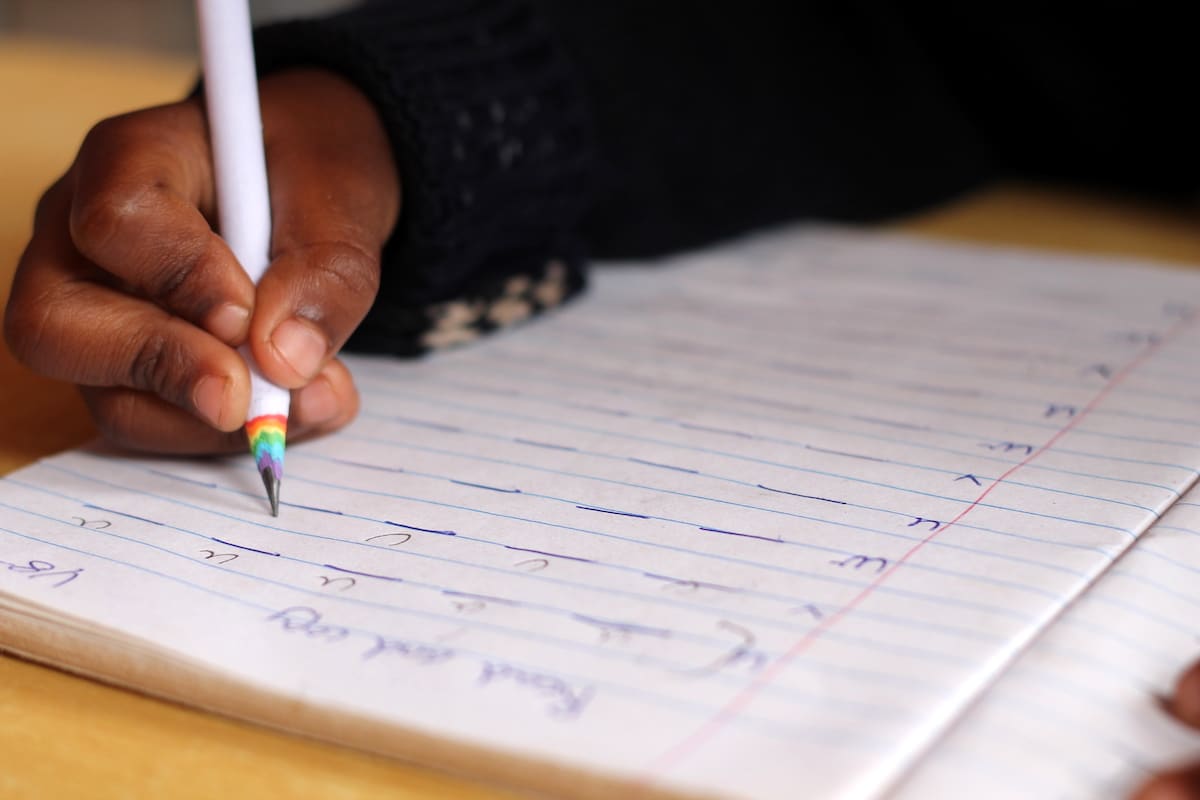
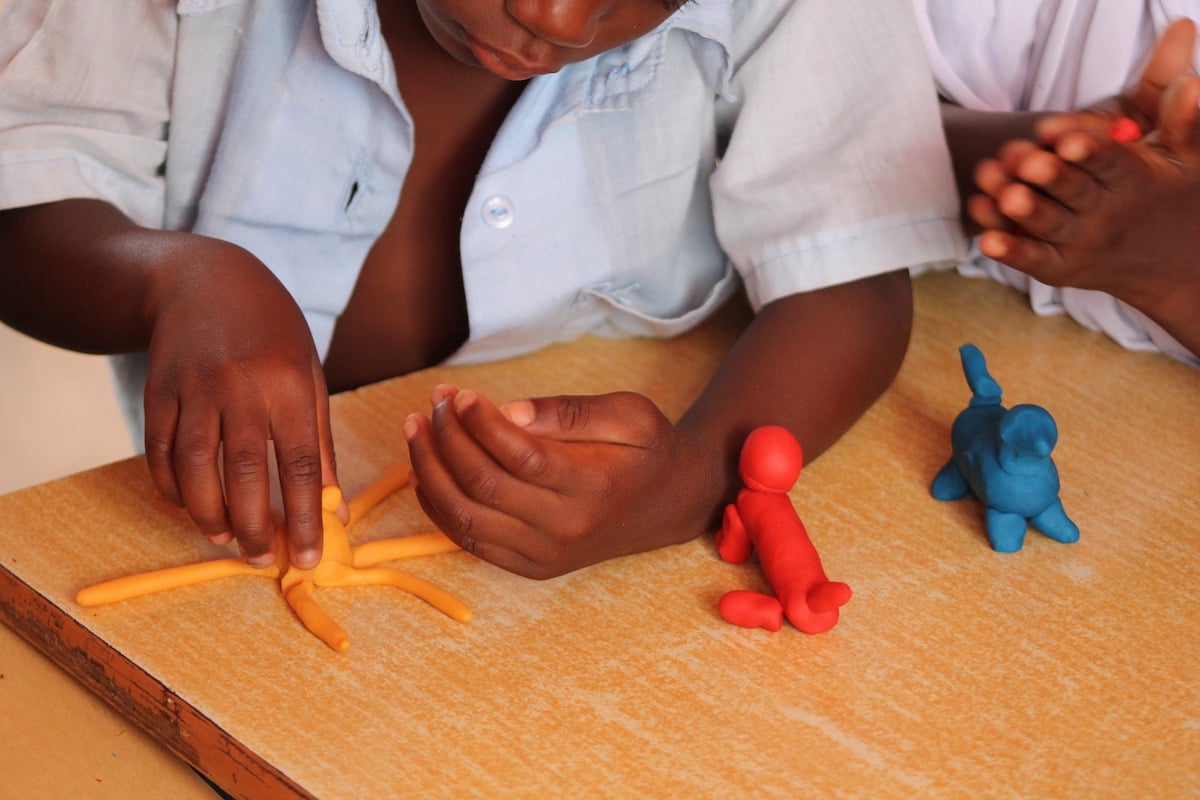
What is a typical day like for the kids?
LB: The children are at the BCC from 8 in the morning until 12 noon, Monday to Friday. Predictability is important for young children, so every day is built up around the same routines: First, we have our “Morning Session,” where we sing and dance together and get ready for the day. Then the children have one hour inside the classrooms, where they have two different “lessons” such as health care or mathematics. The focus is on making learning fun and playful, so health care could be talking about how and why to wash our hands properly and then go outside to do it, while mathematics can be both counting and writing, but also learning basic addition with bottle tops or recognizing the different numbers written outside on the old tires that we have put as a “jumping path.”
Then it is break time—almost 1 ½ hour of playing outside unless it is pouring down. The children structure and organize the playing themselves and are thereby strengthening their social and co-operation skills. We recently finished our outdoor playground area, so the children now have more options to choose from. They can pick themselves whether they wish to “cook” in our big sandbox, play football or maybe use the swings, seesaws, or somersault poles. We encourage the children to move around and use their bodies so that it is easier for them to sit still afterward, when they have to get back to class. During the break, the children also get “uji”—a local type of porridge. For some of our children, who come from households that are unable to provide breakfast for them, this is an important part of the day. The day finishes off with another lesson such as art, where the children can practice different colors or shapes or draw or play with things such as playing dough or beads. Whatever supports the development of their fine motor skills and creativity.
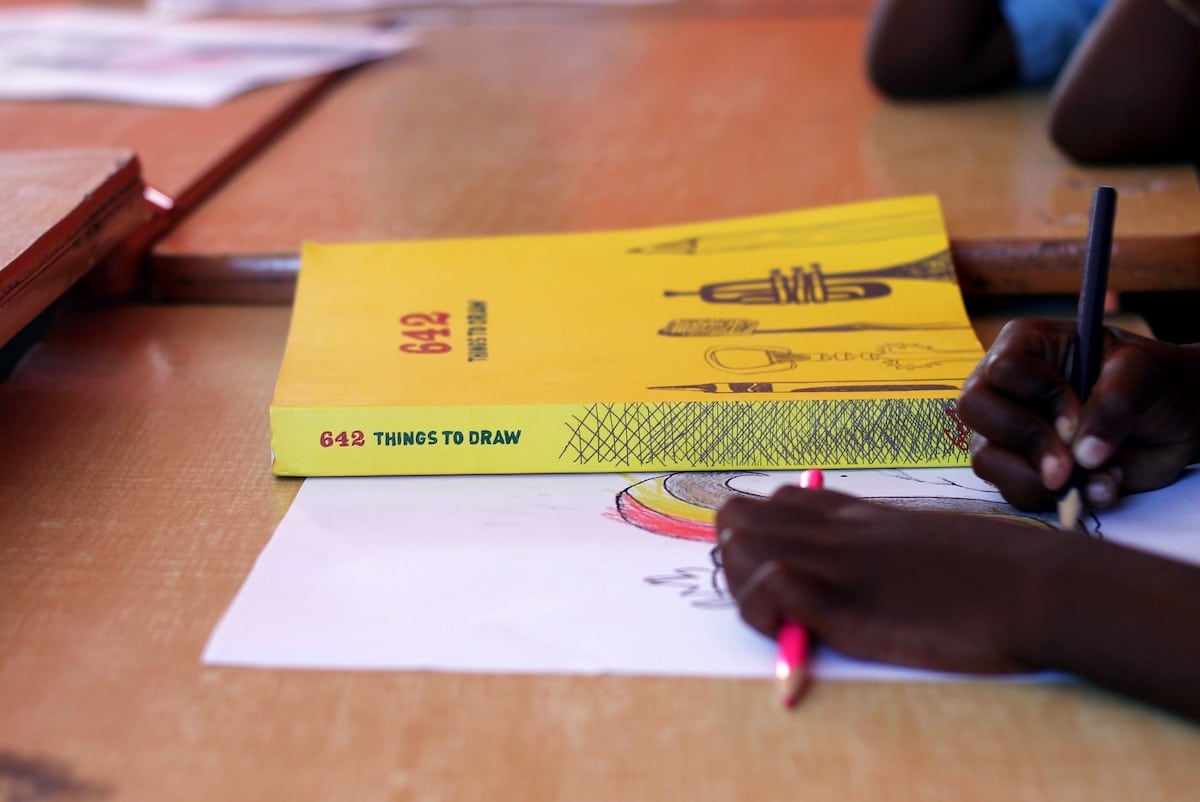
What are some of the milestones you've been able to enjoy with the students?
LB: Every time we close the school for a break (which we do four times a year), we also celebrate the last day of school with music and dancing (the children have some very impressive moves!) and with pilau, a traditional Tanzanian dish with rice, meat, and a lot of spices. The children always look forward to that. Very soon, we will also be having our first “Graduation,” which is going to be a celebration of our pupils and education and childhood in general. The children will be involved in the decoration of the school and will do some small performances for their parents such as singing songs in English. And then we will have a small ceremony for those children who will be starting Primary School in January—they will, of course, receive a nice diploma for their accomplishment. We hope that this day can help to show both parents and children that early childhood education matters and is important and should be prioritized.
Personally, I experience small “milestones” as well, but of a different character: To me, it is kind of a milestone, when a child comes to me, if he/she is sad, instead of going away to hide alone like before. Or when someone comes to ask for help with a conflict with another child, instead of just hitting back. When the children support and help each other and say “I am sorry.” When I hear a child saying “ninapenda shule”—“I like school.” Or when a mother comes to tell me that she finally understands why I have said that corporal punishment is not the only way to discipline a child. Then my presence matters and you see the impressive impact early childhood education can have on children’s lives.
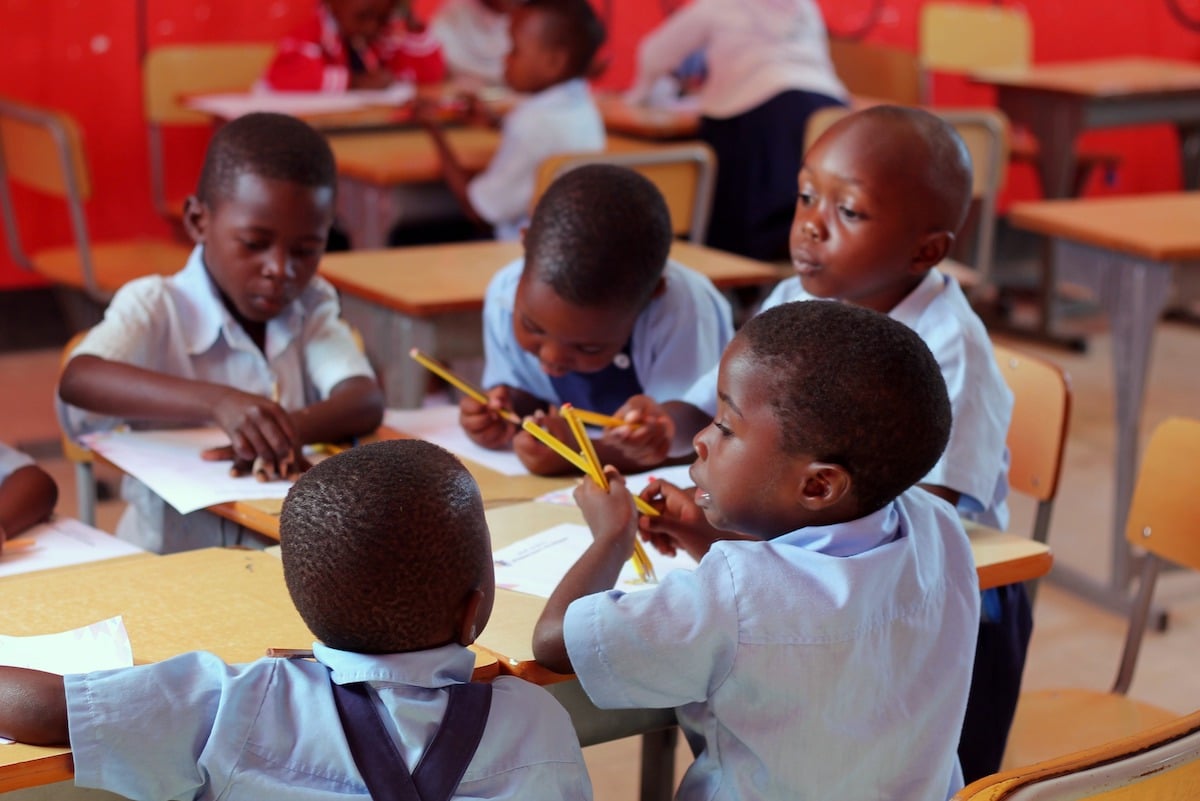
Edward, you grew up in Madale and used the land donated to you to establish BCC. How does your past inform how you operate BCC?
EB: I wish I had an opportunity to be in a proper school, however, I can't turn the clock backward. What I can do is make sure the kids and people around my area get the most of my half lifetime of experiences, as I got an opportunity to work with different people and different nationalities. I think it is time that we unite and make use of what we have to run the school how it is supposed to be: sustainable, affordable, transparent, and locally run.
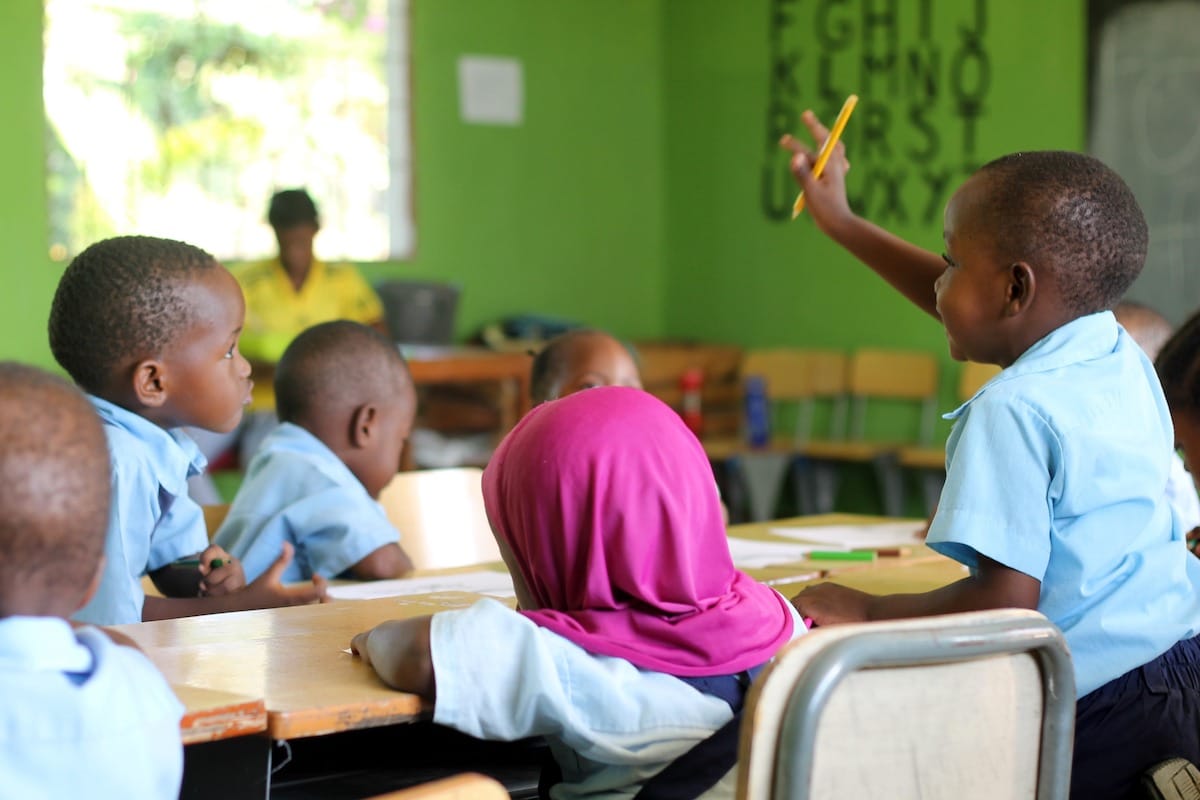
What are some of the challenges that you face as an organization?
DK: Our most significant challenge is sustainability. I've also seen countless abandoned schools and organizations made by foreign volunteers with good intentions, but they eventually went back to live in their home countries or they ran out of money. So sustainability is very important and is why we charge our students a tuition fee. Our hope is that we can be self-operating so we will not need to continuously raise money monthly. Our challenge is making education affordable to local families while still being able to pay staff and operating costs.
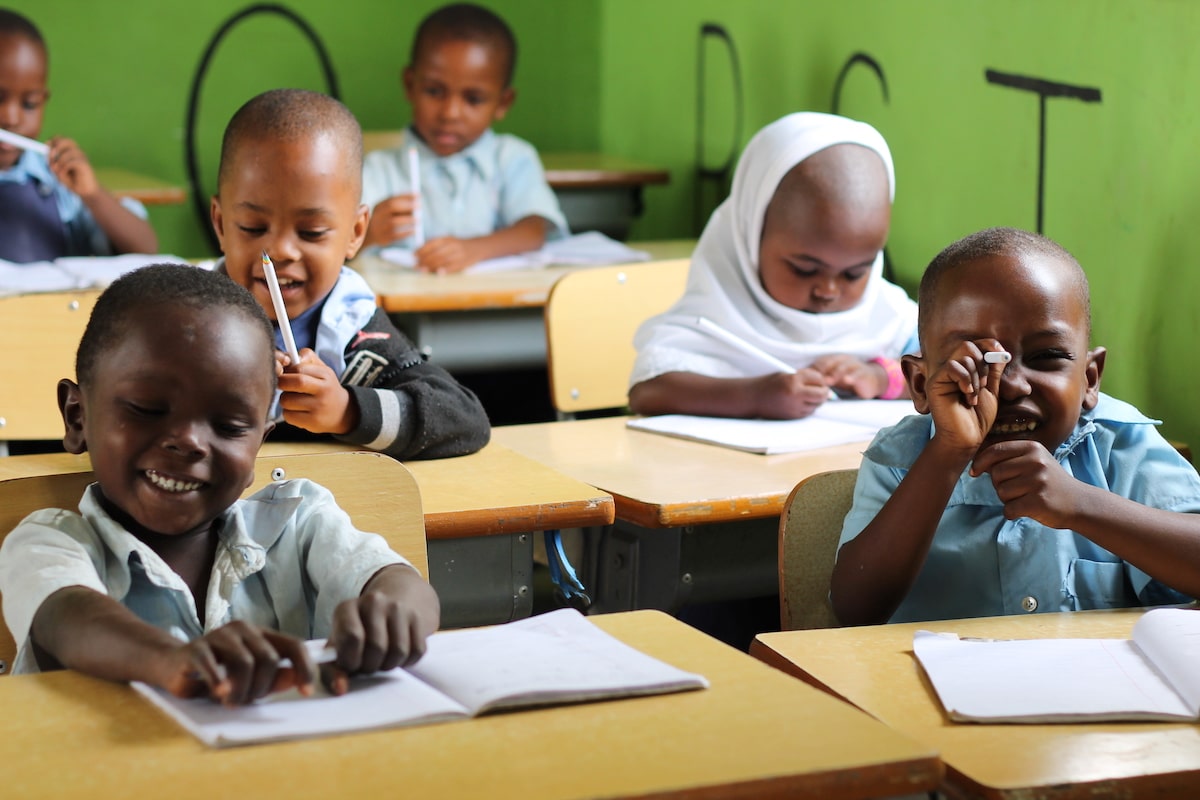
What is the best way for people across the world to get involved?
DK: Before we offered people the opportunity to sponsor a child's education at our school, but we realized this creates issues in the local community. We also don't want to rely so heavily on donation money since that makes it hard to stay sustainable. Instead, we have recently initiated a BCC membership program! Though there are preset options, people can donate an amount of their choice to support our school monthly.
We also accept one-time donations as well. I'm proud to say that we'll be constructing a volunteer house in early 2020 so volunteers are welcome to come as well! All money we receive from volunteers will go to running the school or for construction projects (of which they have the option to choose where their funds go to). We're still figuring out how much to charge volunteers, but like our tuition fees, we want to make it as affordable as possible—and we'll be transparent about exactly where your funds are going to.
What is your hope for the future of BCC?
EB: My hope is that BCC will set the best example for other projects as well as reach all our goals in developing kids' futures in the best way possible and at the lowest cost possible, as I believe all kids have an equal right to education.
